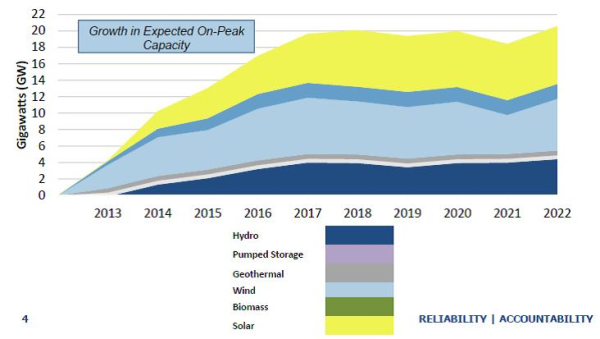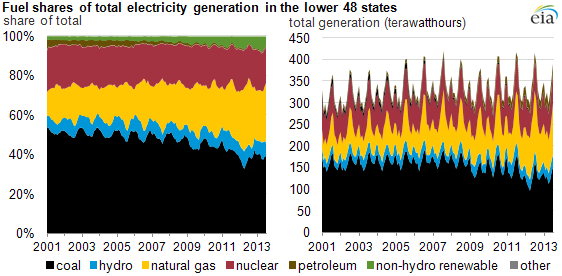A great deal has been made out of the need to shift away from coal fired power plants and toward renewable energy sources, such as wind and solar in the U.S. While this is certainly a laudable goal, the full impact of a move to renewable power generation has consequences beyond simply reducing emissions and finding alternative power sources. Specifically, determining how to effectively integrate these new power sources, particularly wind and solar, which are highly variable and can go from zero to full production almost instantaneously, pose significant challenges for grid operators.
Topics: system operators, coal, energy risk management, energy sourcing, Acclaim Energy Advisors, risk management, energy, energy procurement, demand response, energy regulations, energy reliability, energy savings, energy costs, power generation, Weekly Energy Insights, natural gas, economic demand response, energy management consultants, strategic energy sourcing, energy price spikes, renewable energy, energy supply, U.S. energy, load generators
For years, coal has been the dominant fuel source for power generation in the U.S.. However, recent changes in the market place, including tighter emissions restrictions imposed by the Environmental Protection Agency (EPA) and low natural gas prices from abundant shale gas suppliers, threaten coal’s dominance as the leading fuel source for generation. An analysis conducted by the Department of Energy (DOE) was published in August and predicted that between 35 and 60 gigawatts of coal-fired electricity generation in the eastern half of the country will be retired within the next five years. Therefore, new generation, transmission investments and reliability must run (RMR) contracts will be needed to maintain grid reliability. Natural gas fired generation will most likely fill the bulk of the gap left by the coal retirements. The impact of retirements and the higher operation costs of the remaining coal plants will trigger an increase in prices. This effect will be magnified in regions that are more dependent on coal fired generation, like the Midwest.
Topics: coal, energy risk management, Acclaim Energy Advisors, energy, Energy Solutions, energy procurement, energy regulations, Weekly Energy Insights, energy management, U.S. energy




